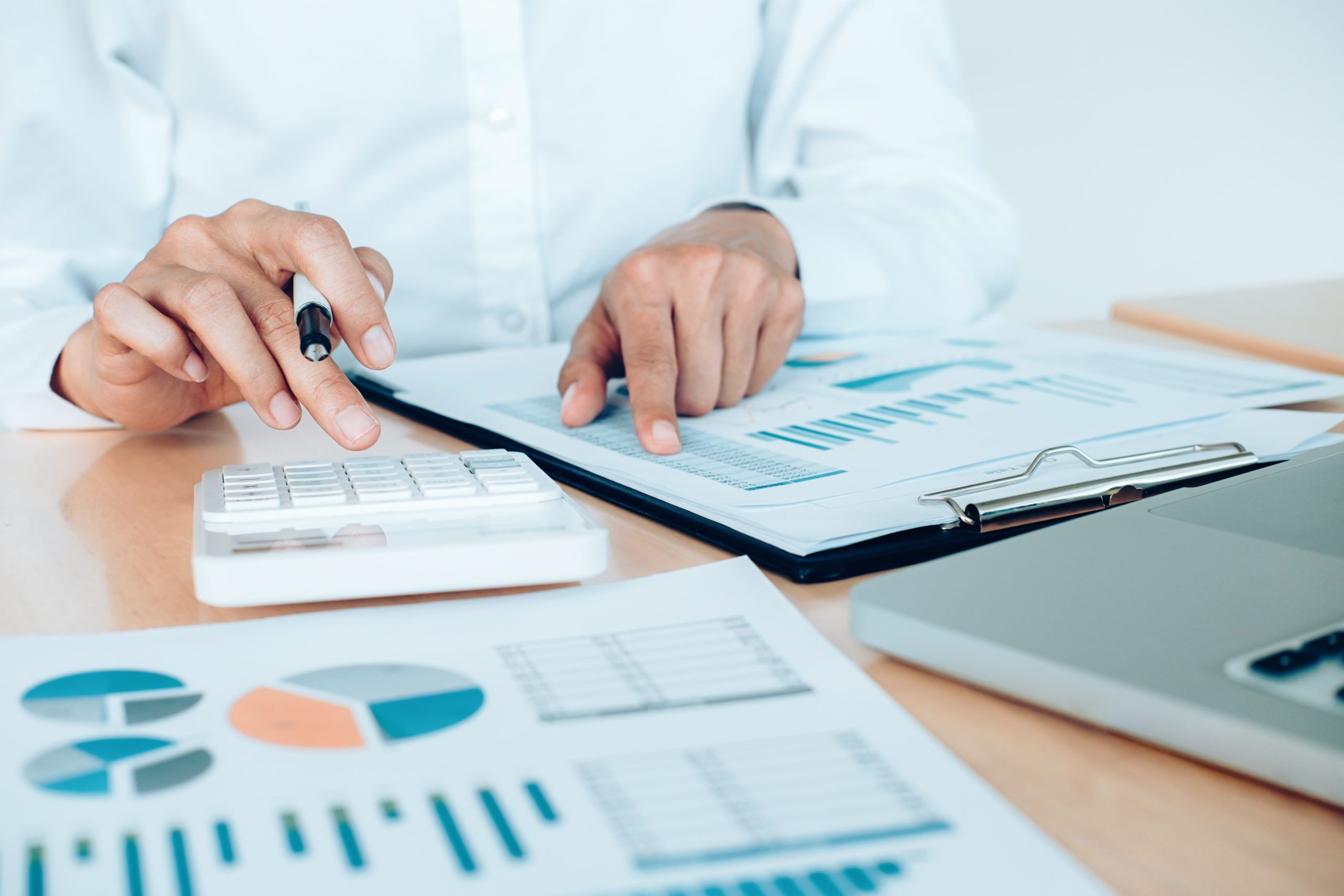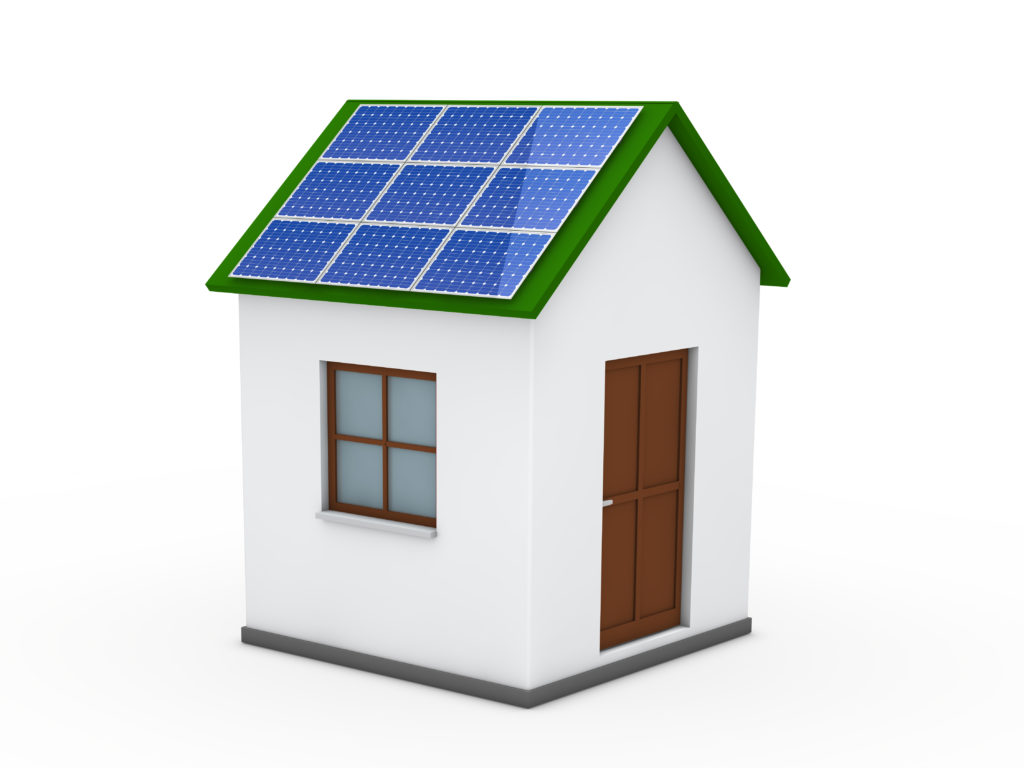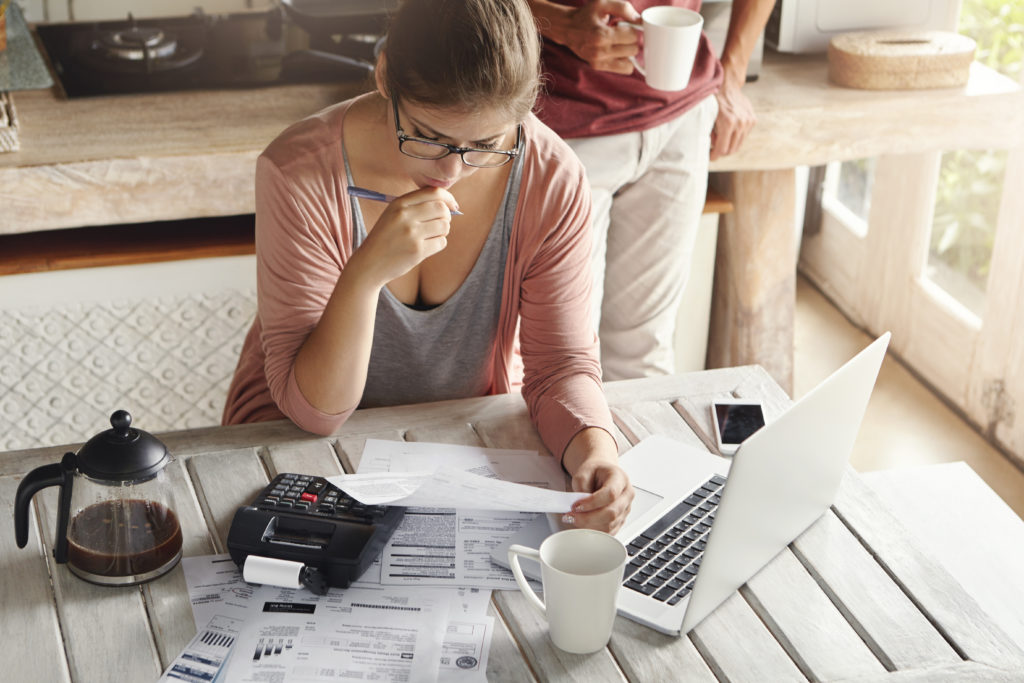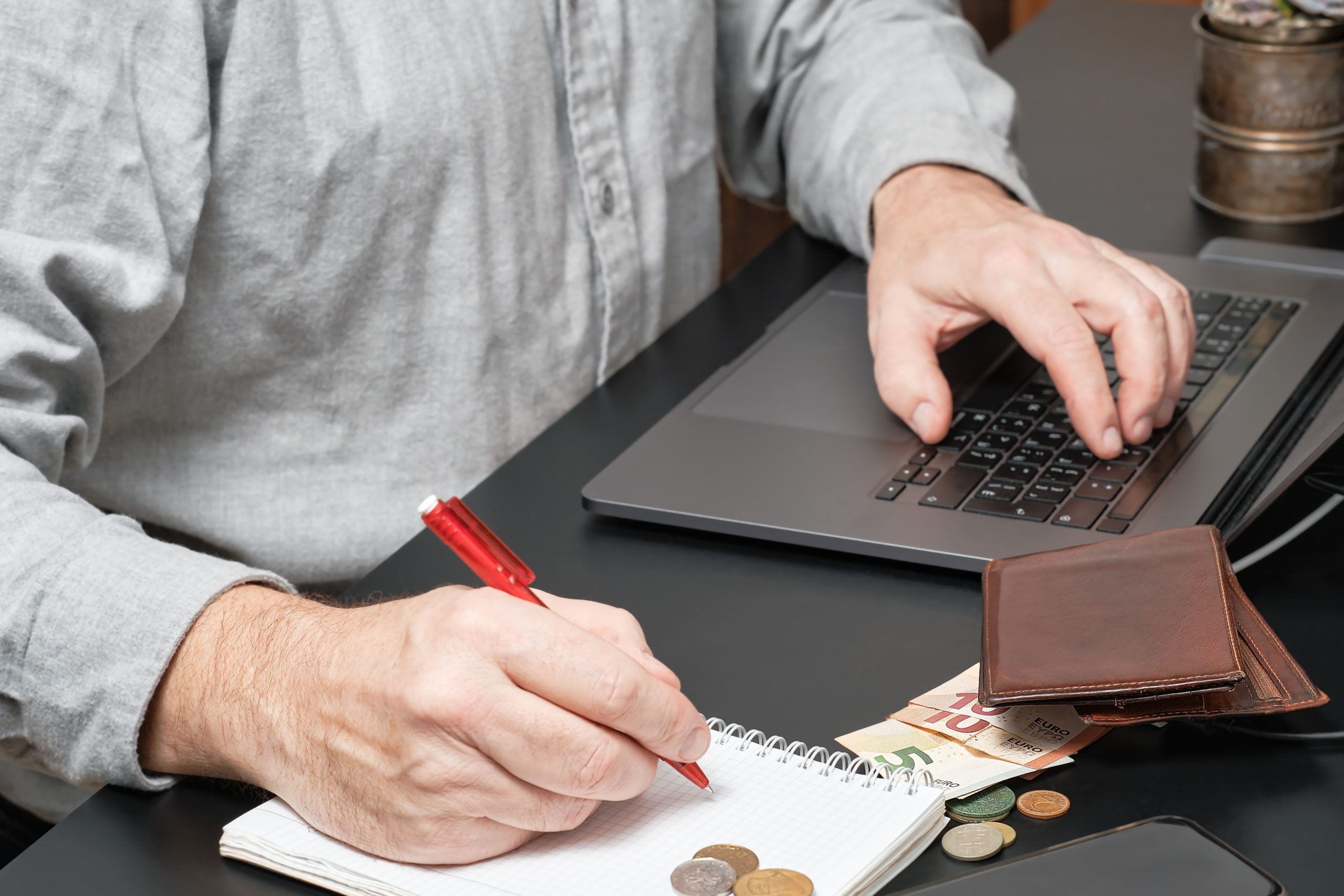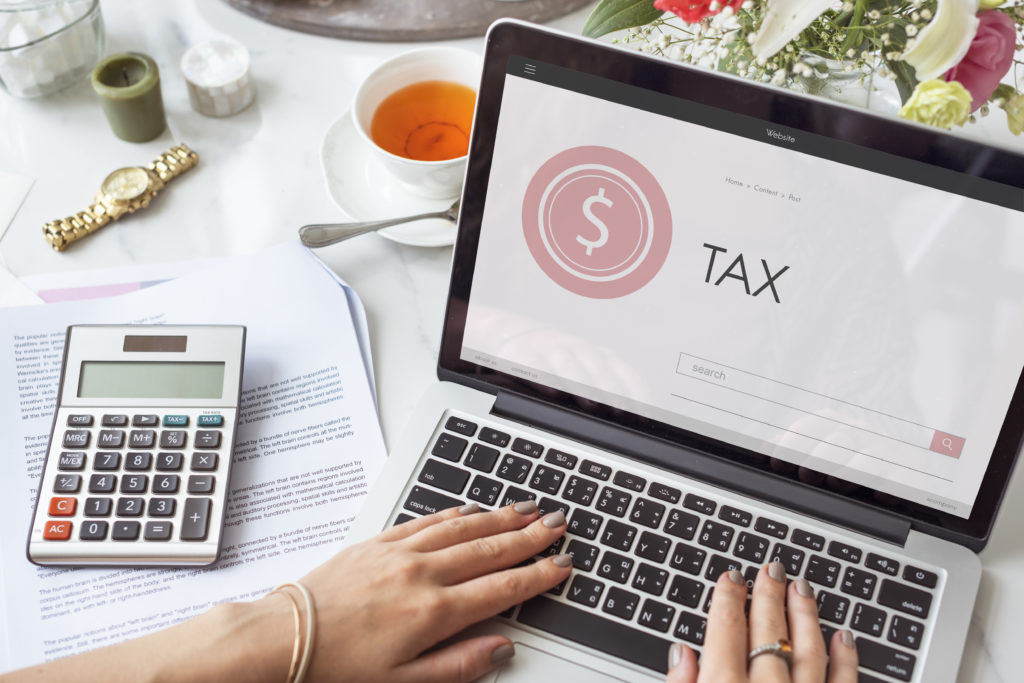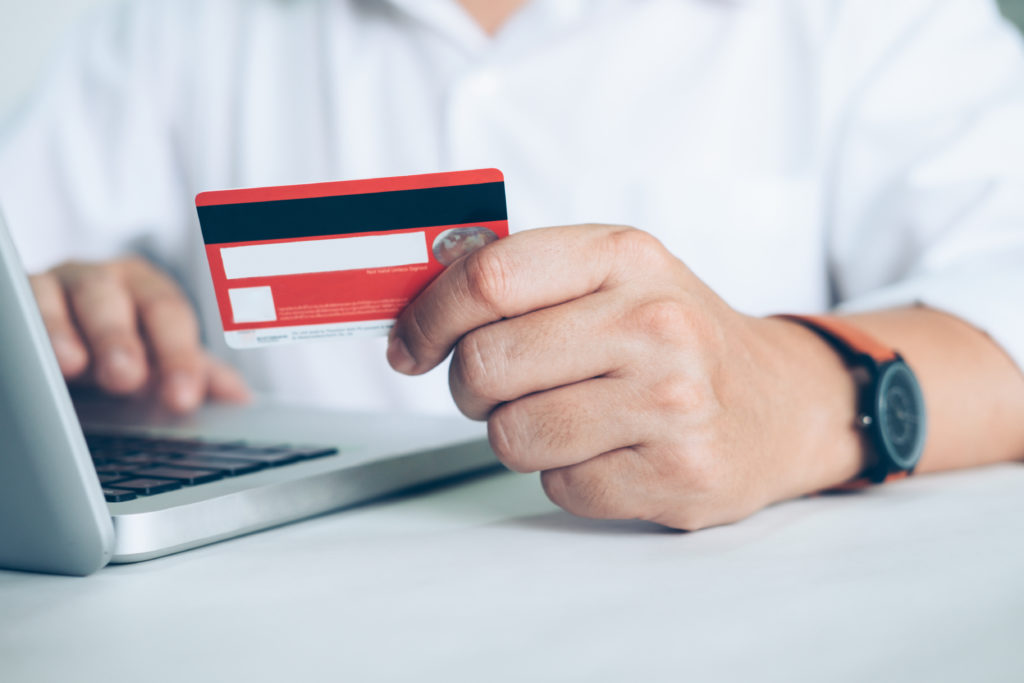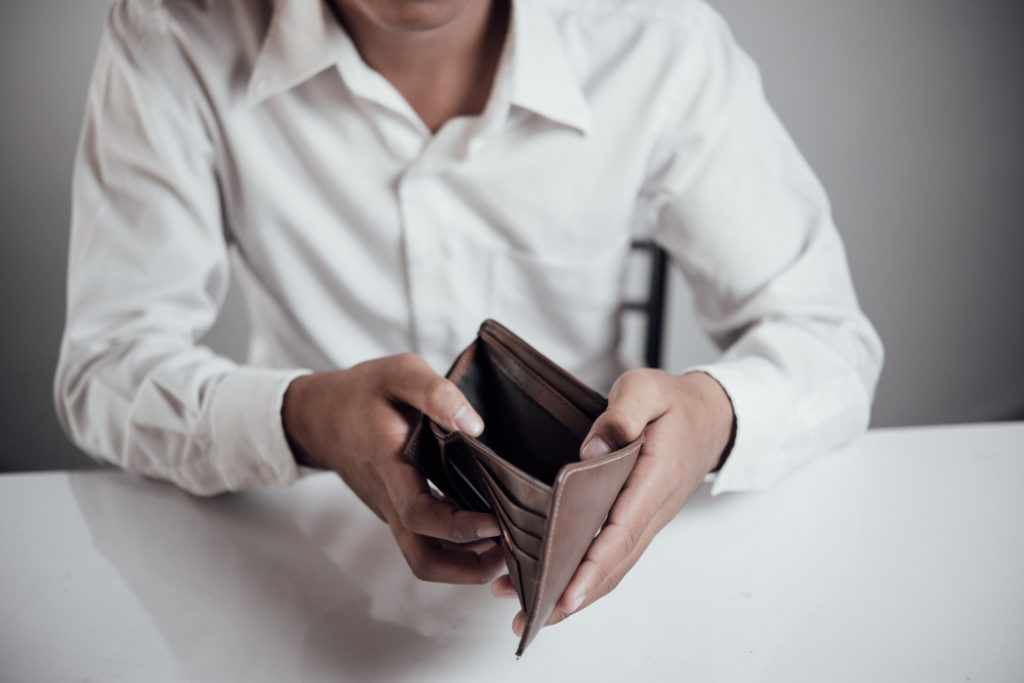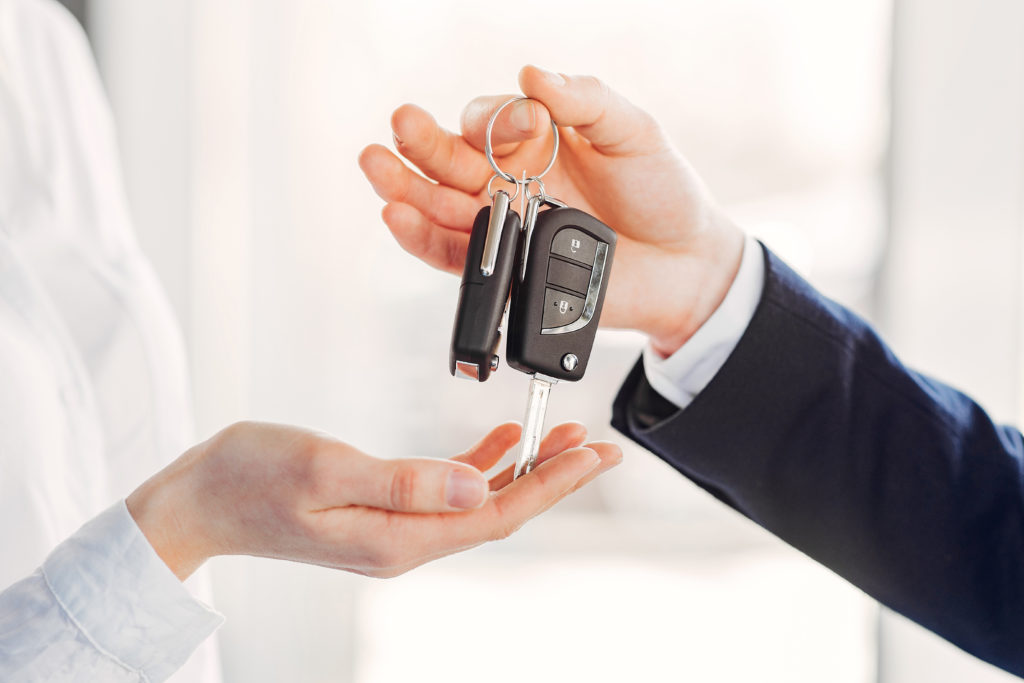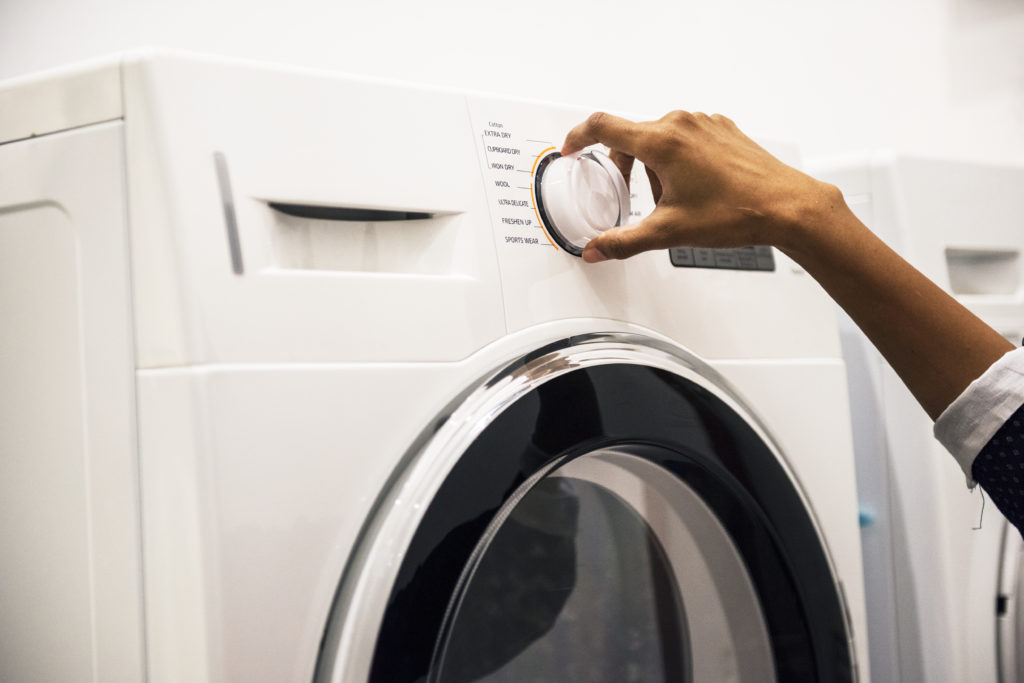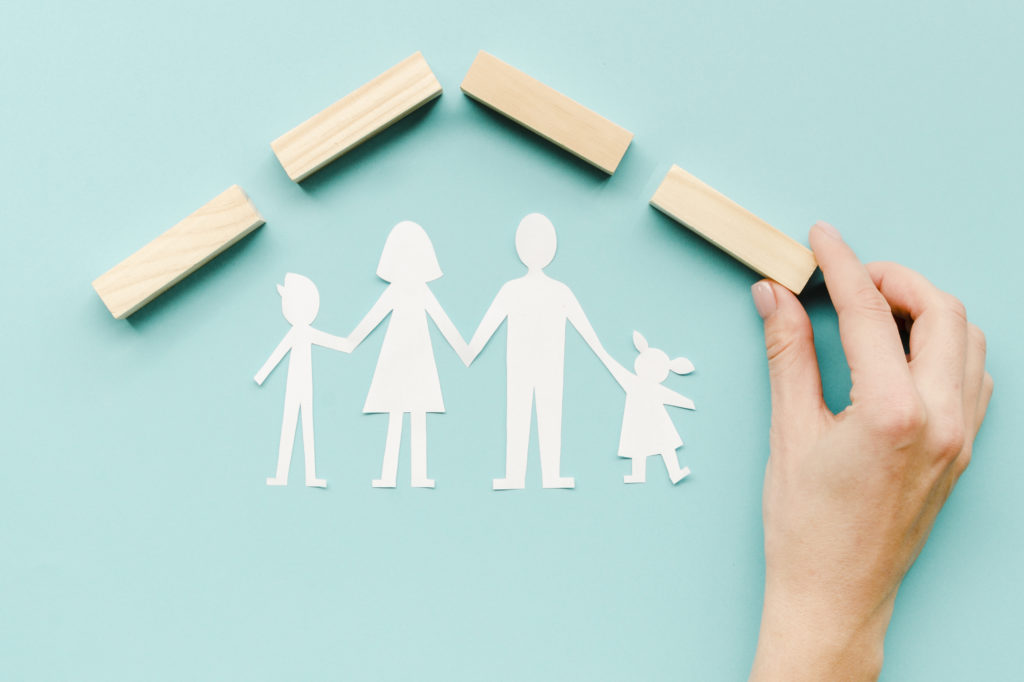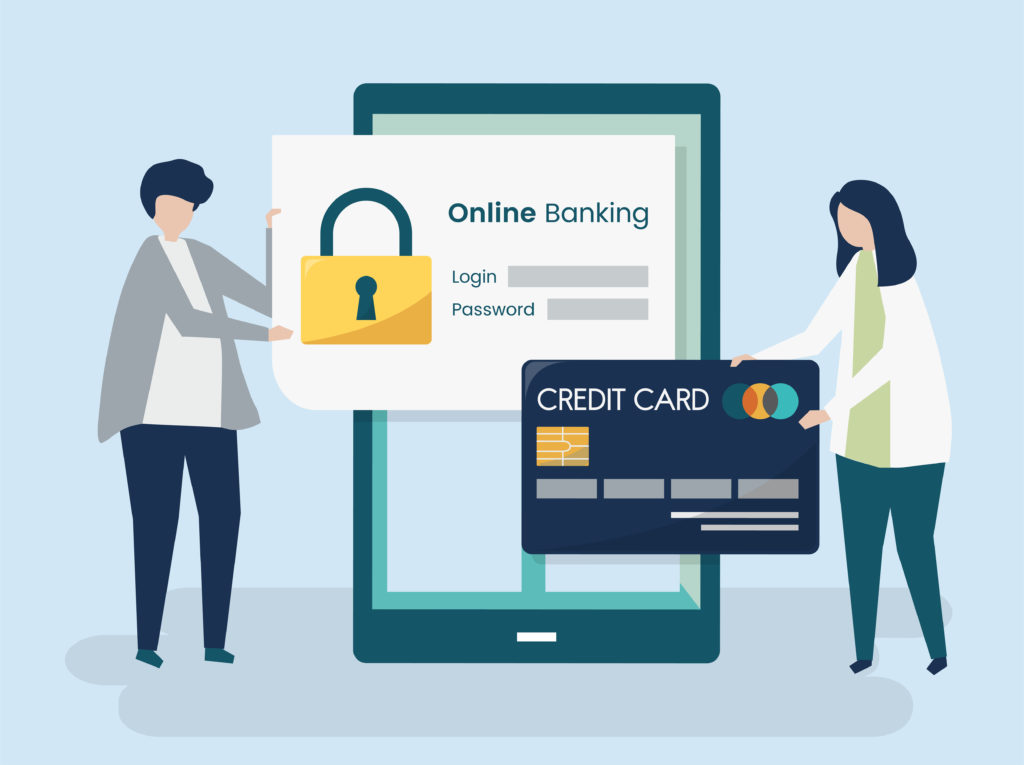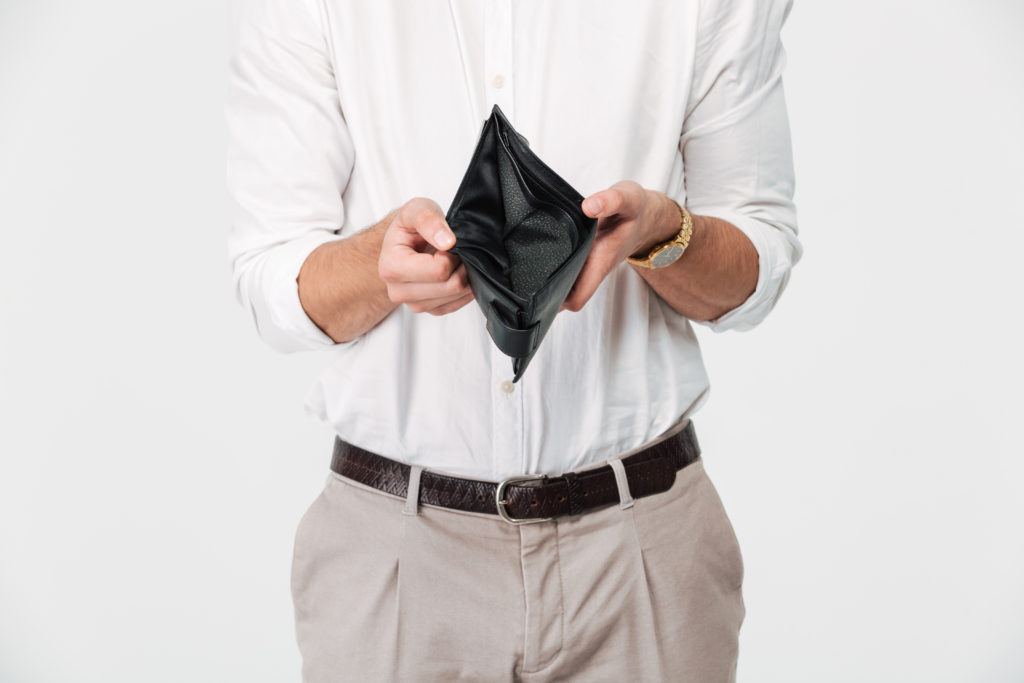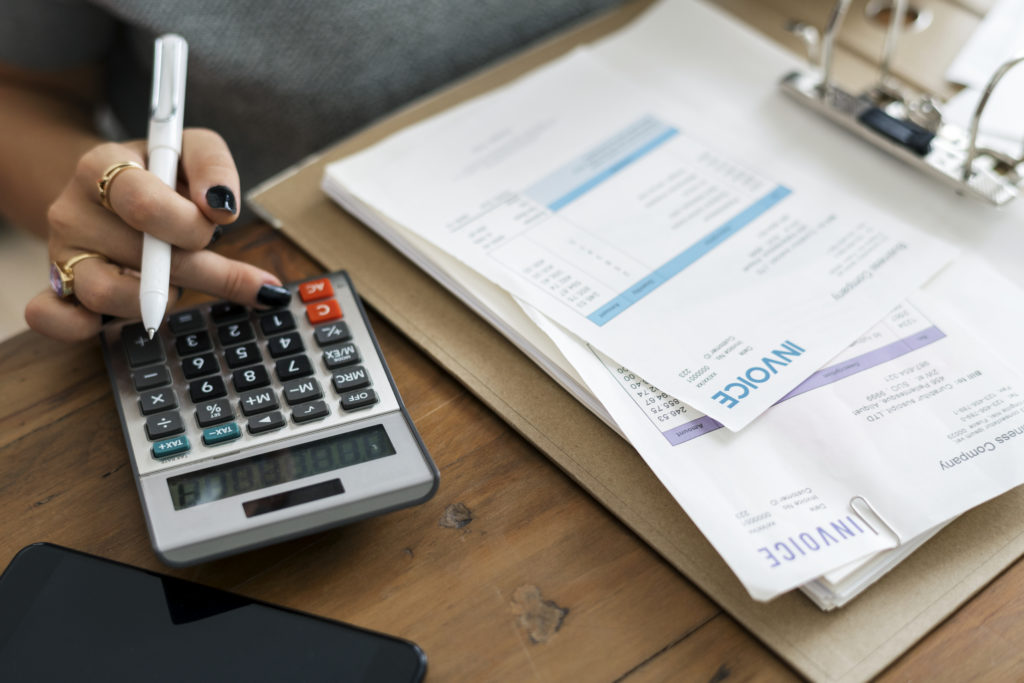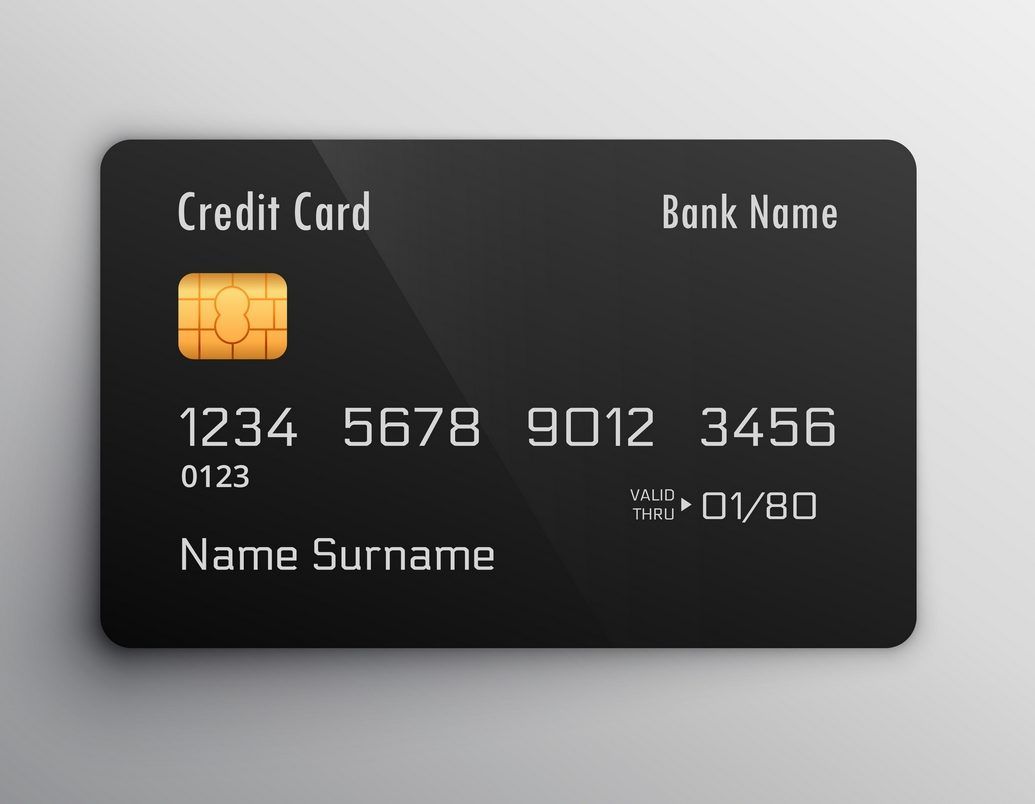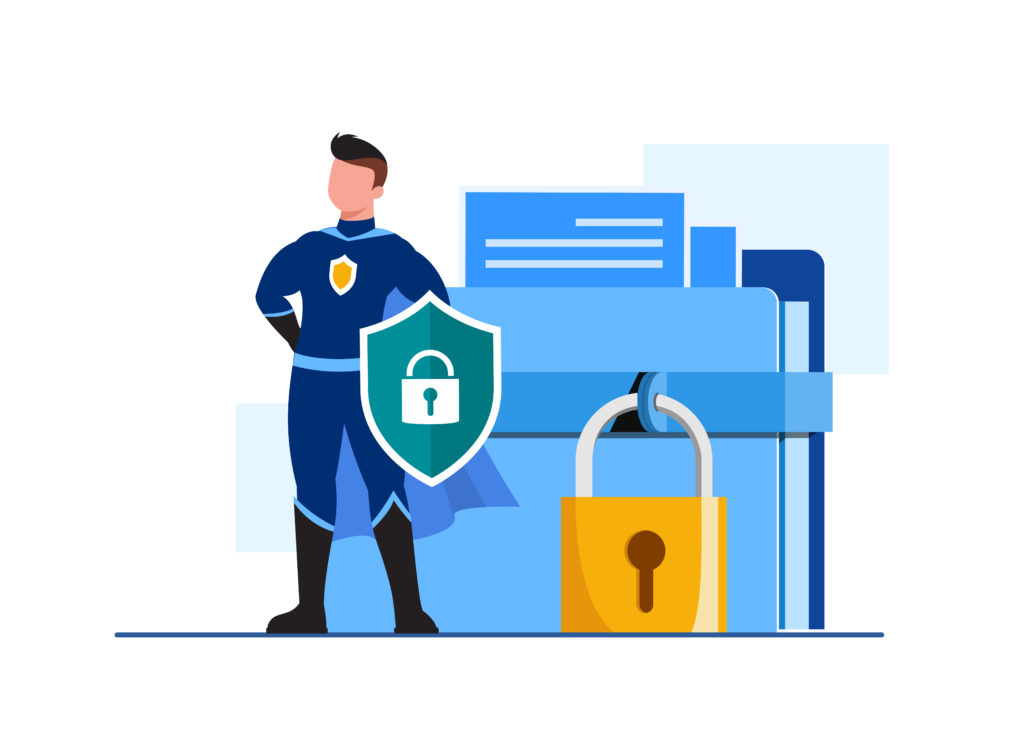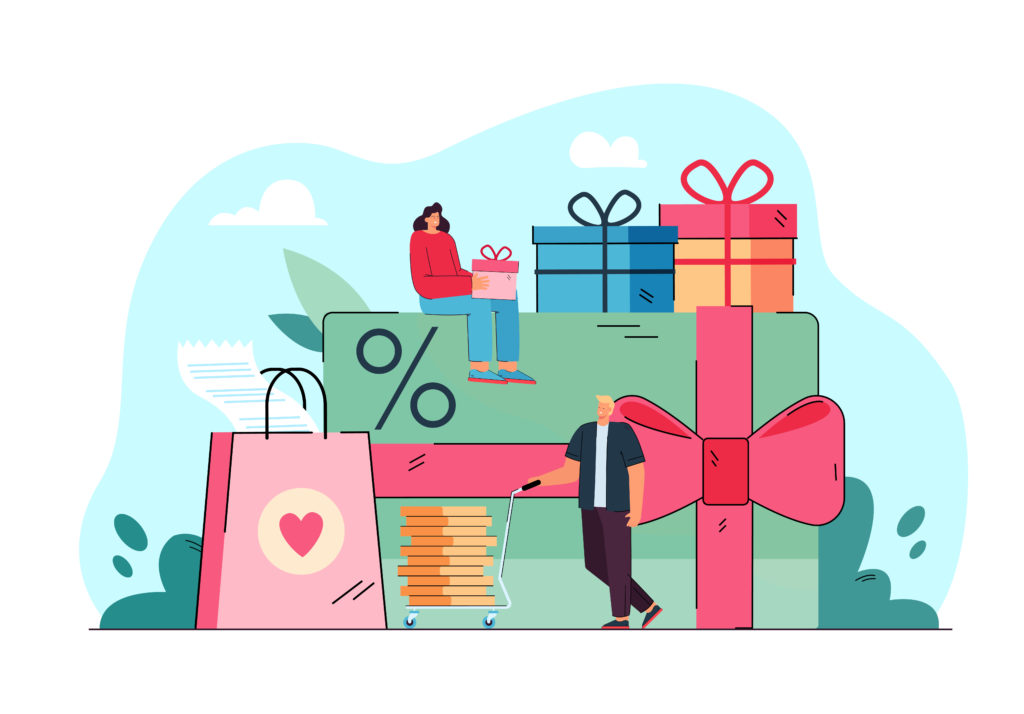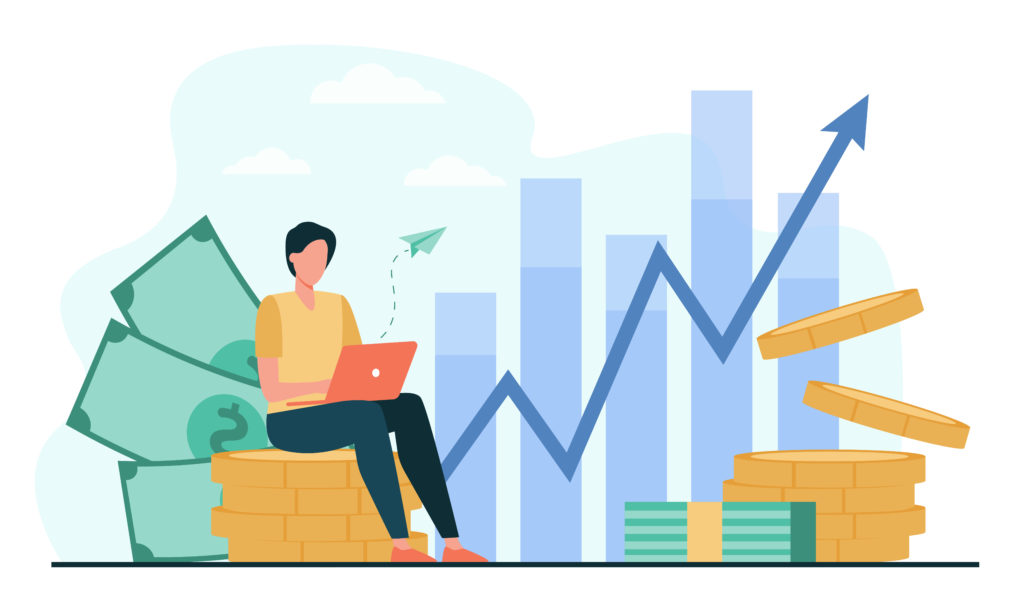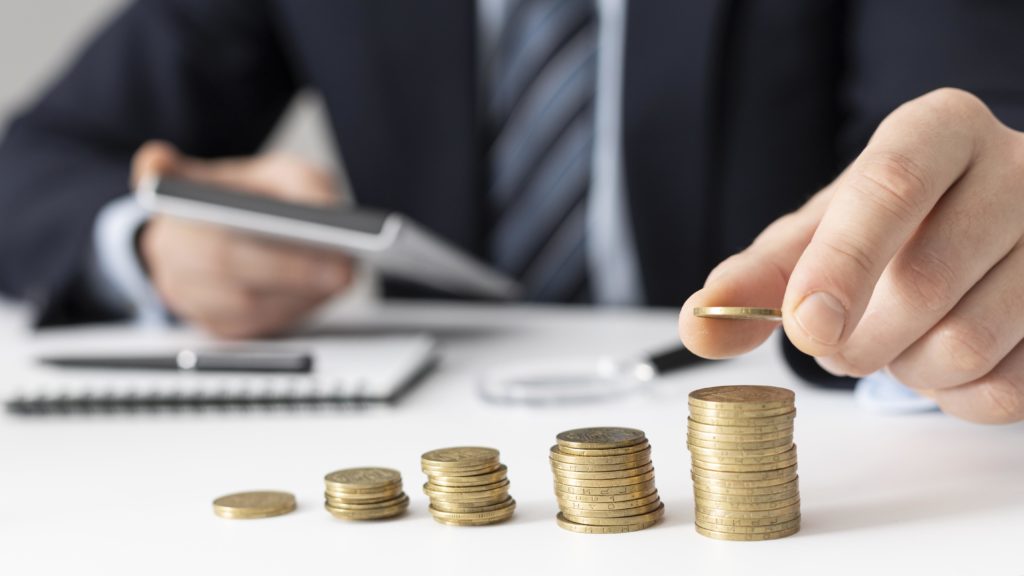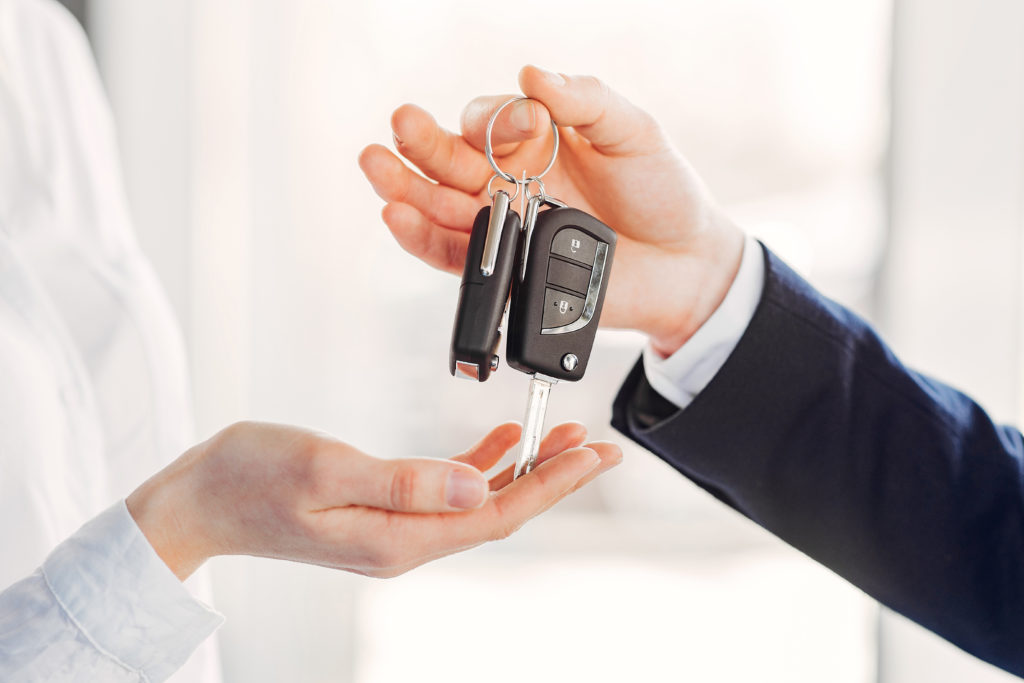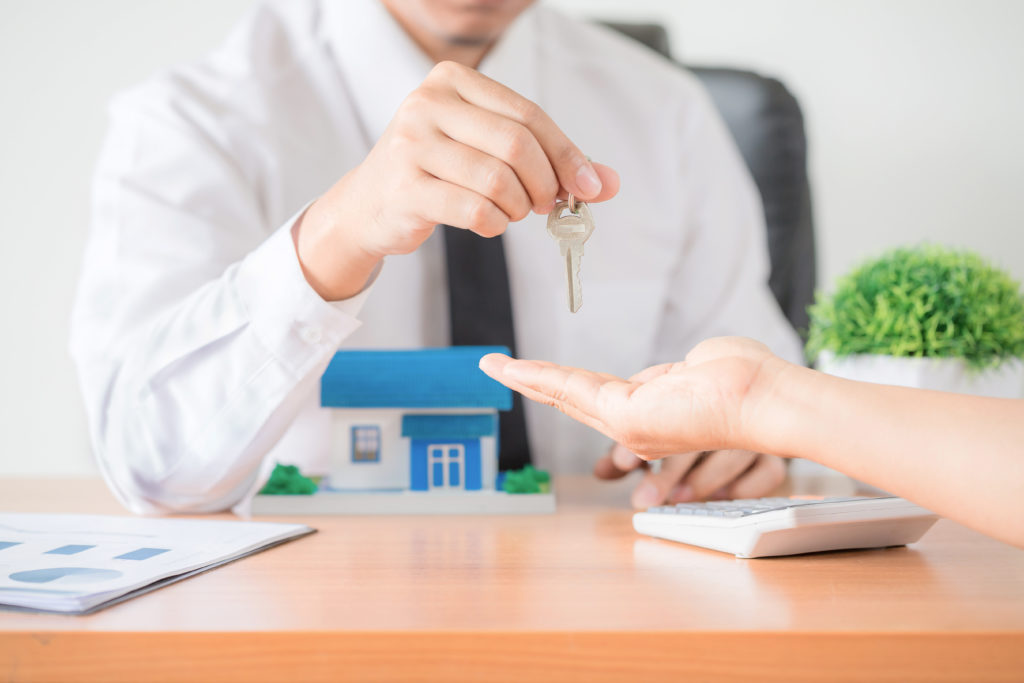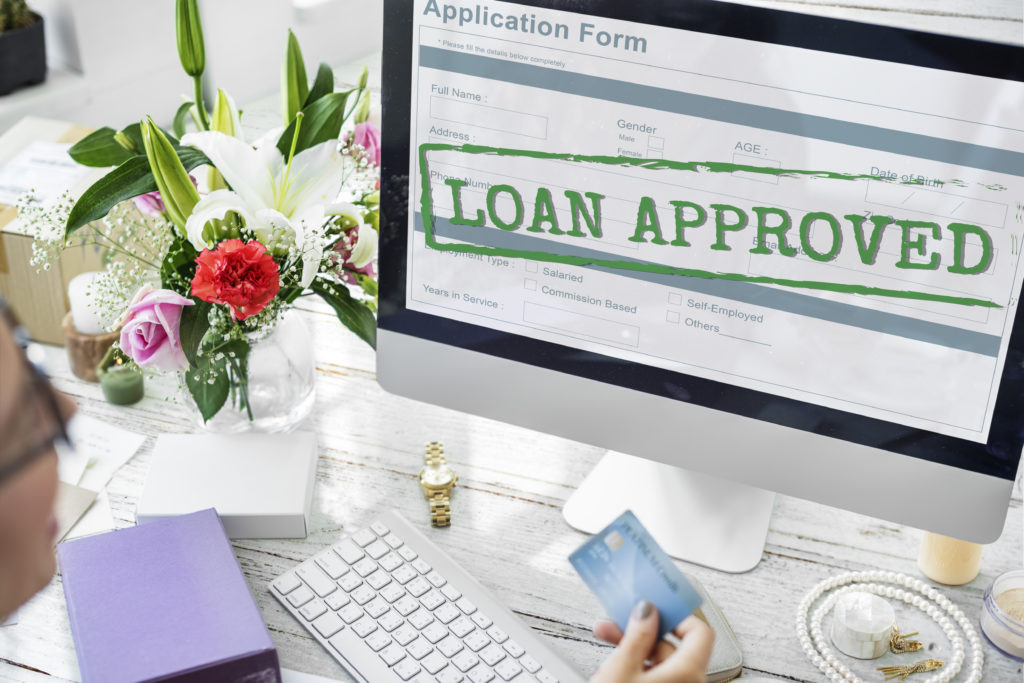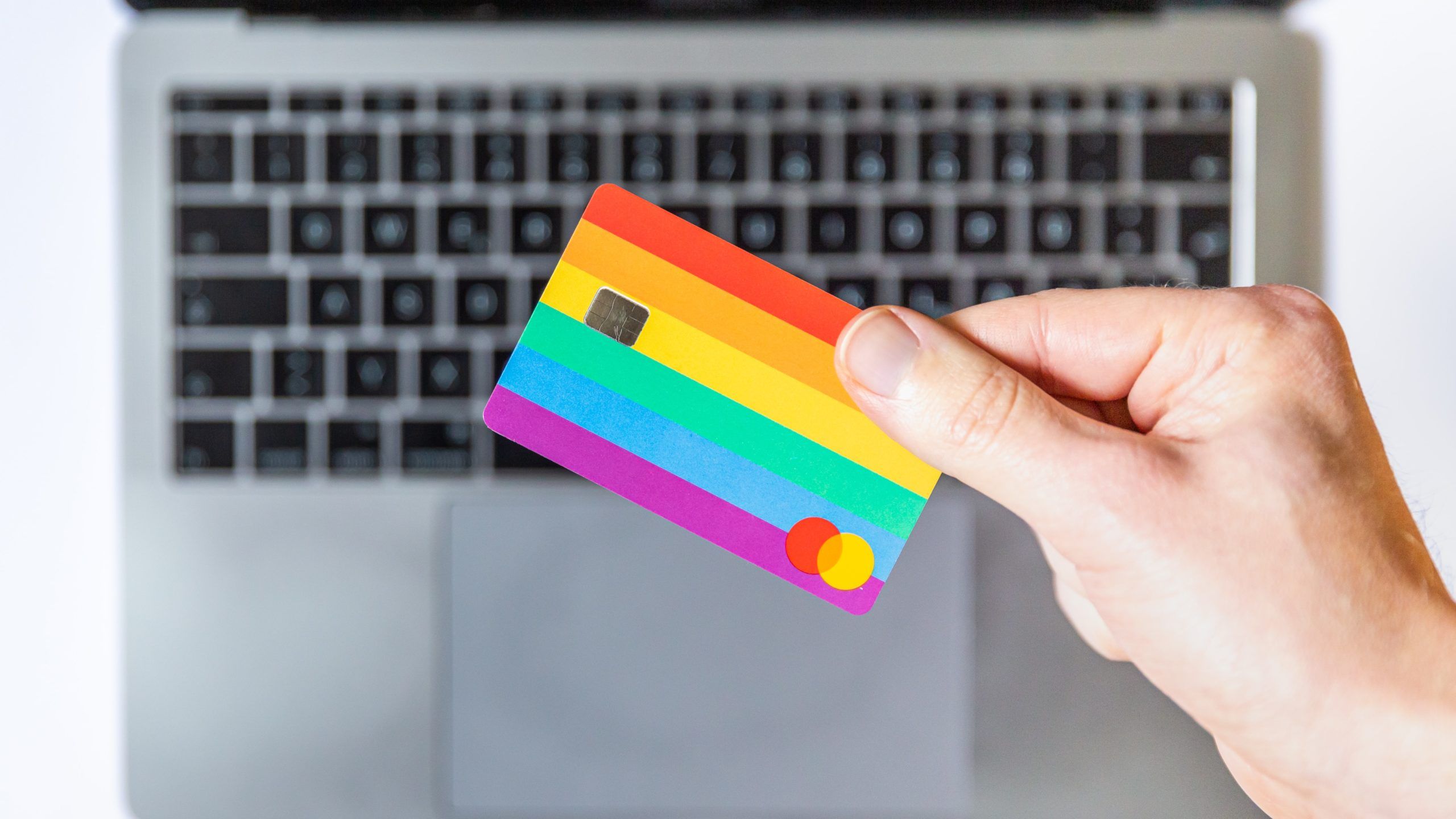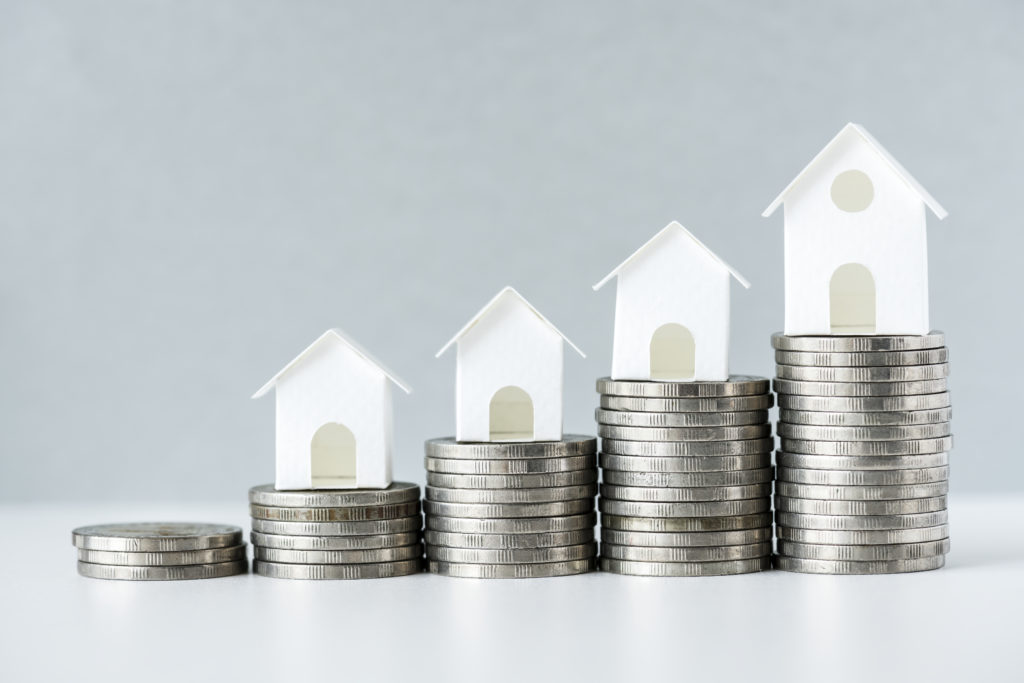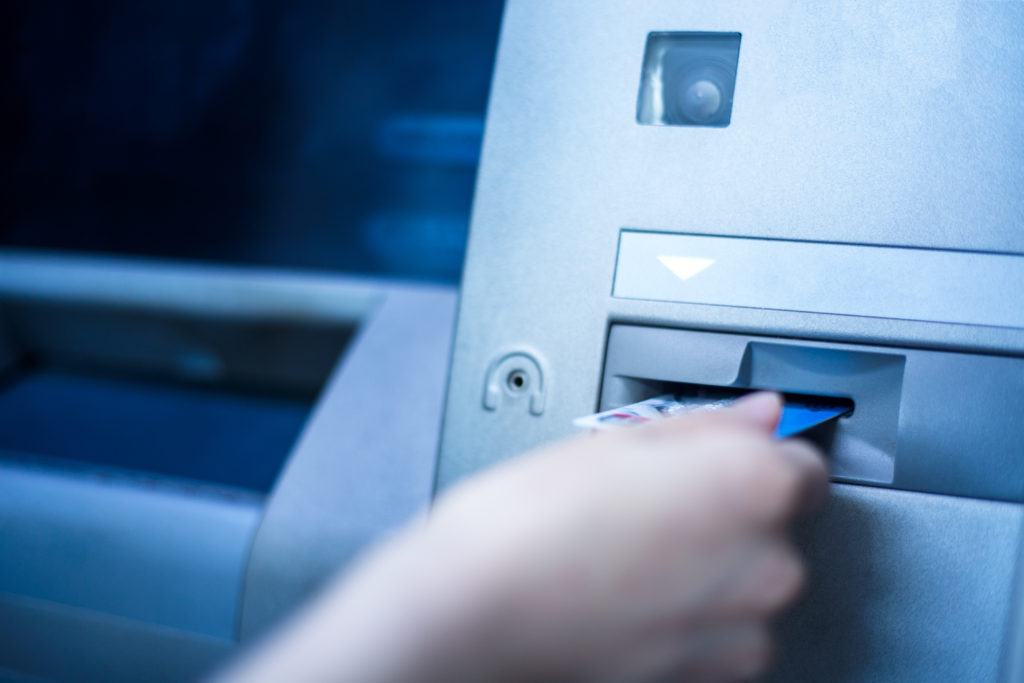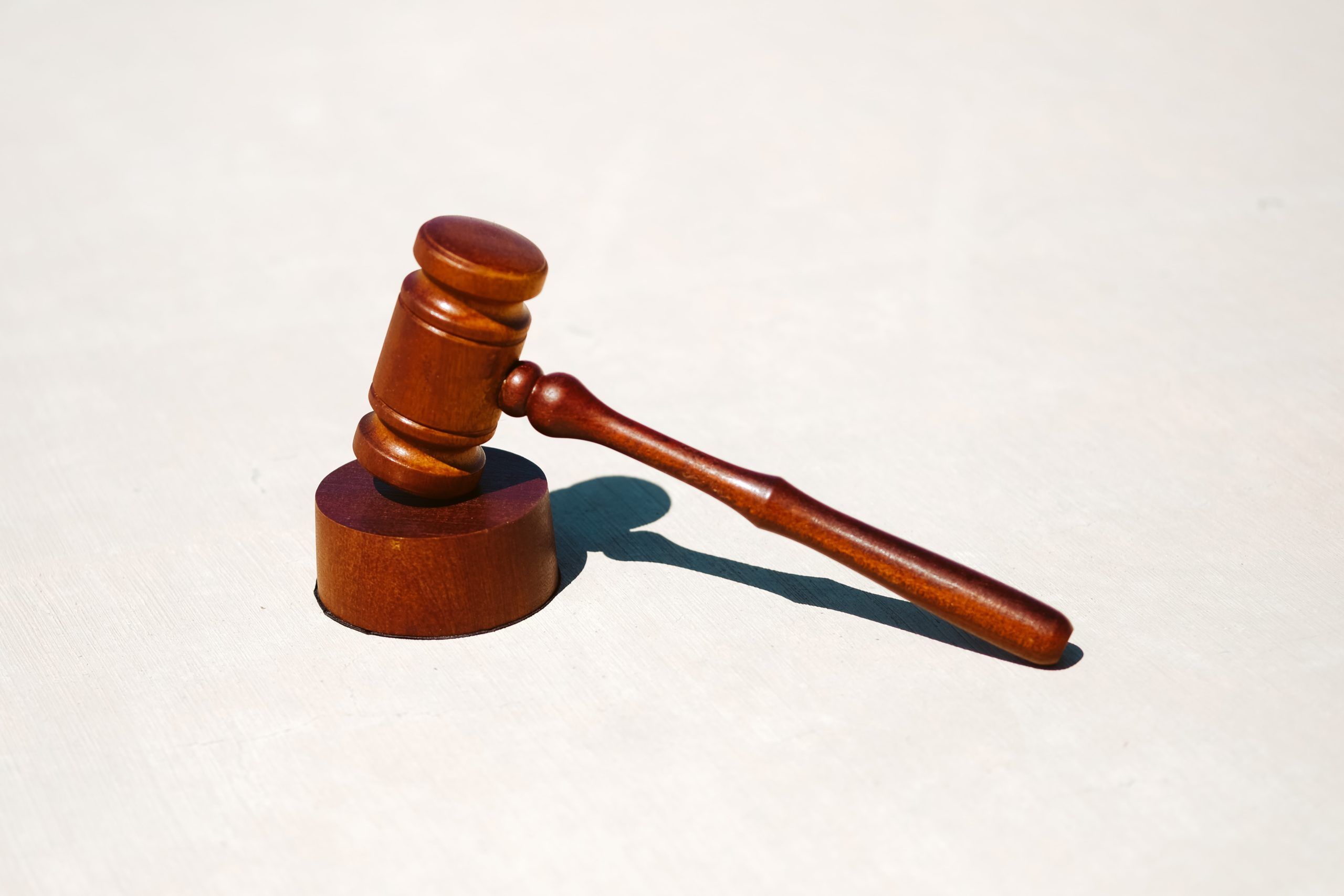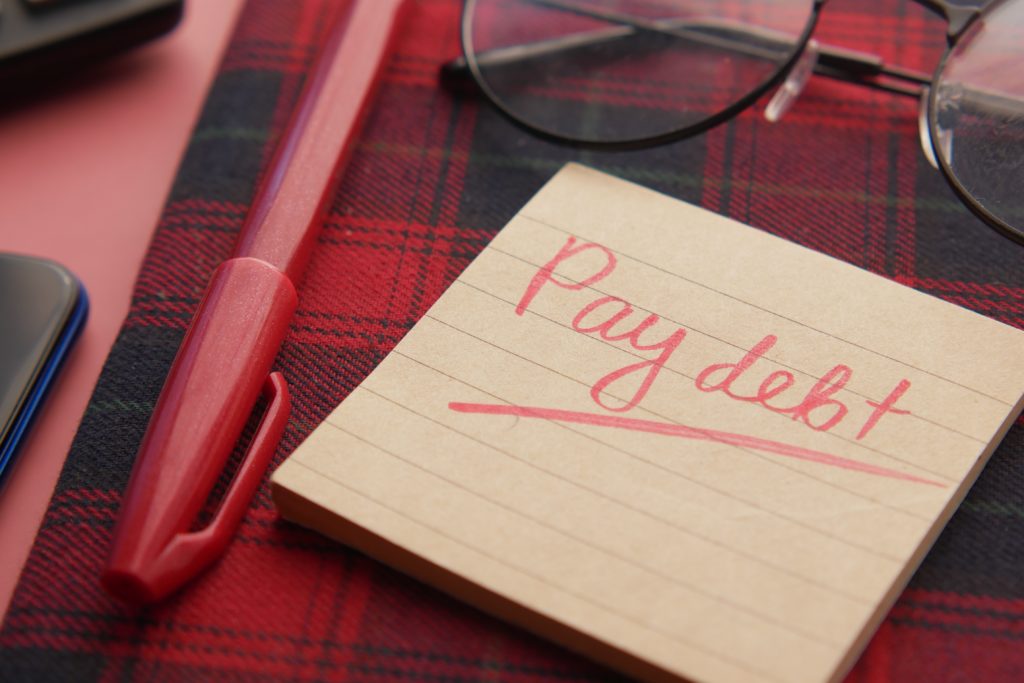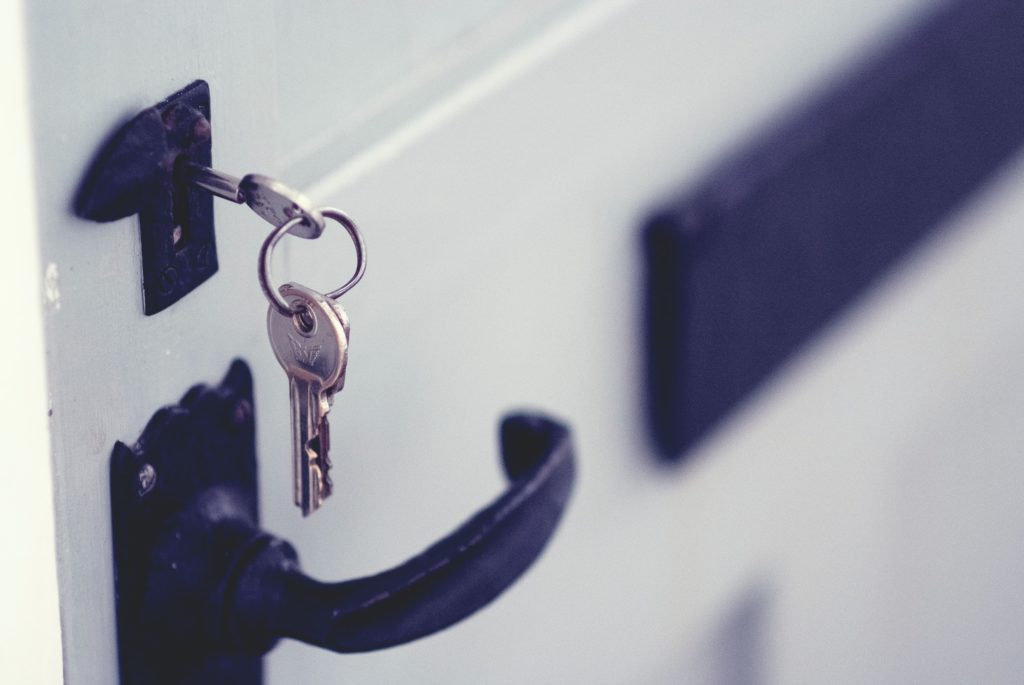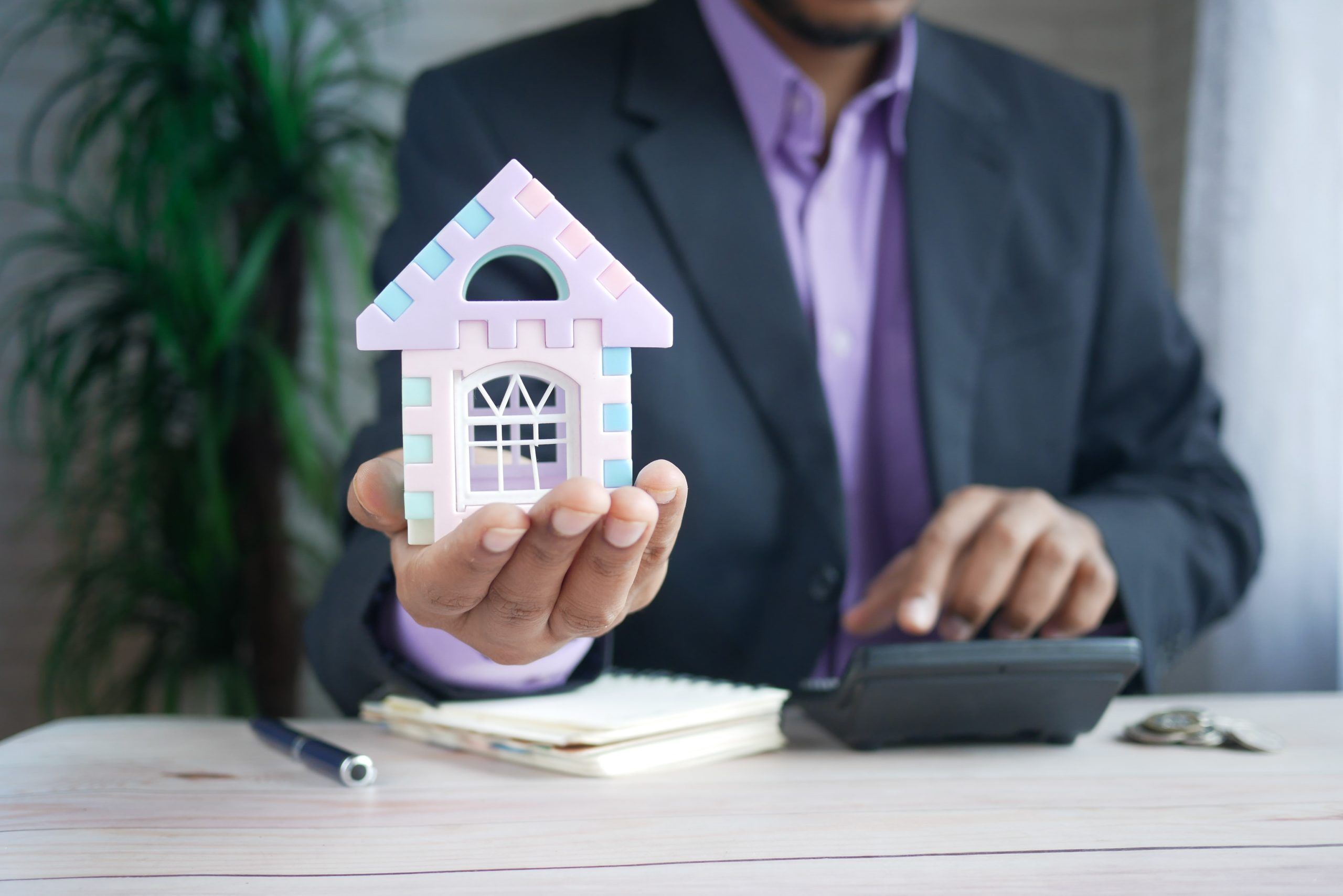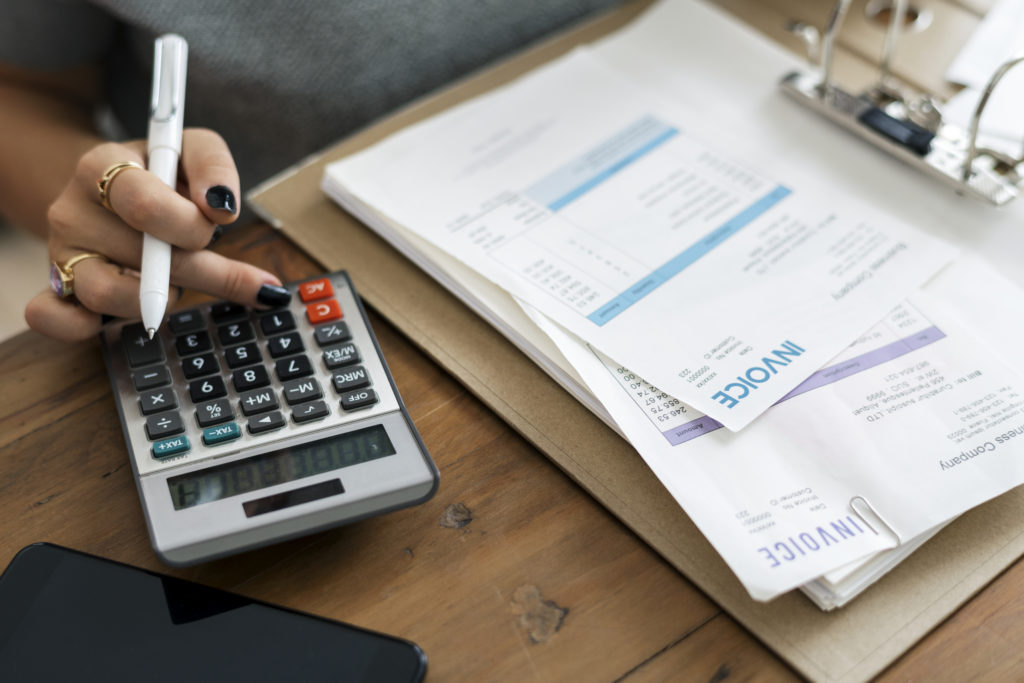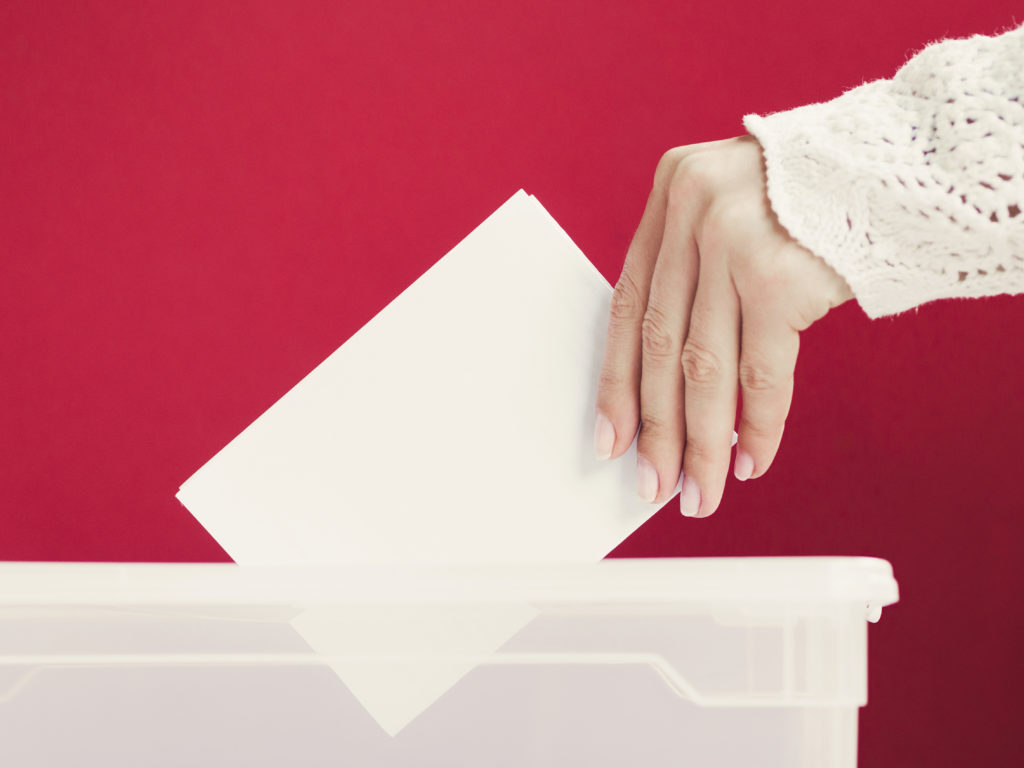10 Reasons an IVA Is Worth It
Do you have multiple debts to manage? Are you thinking of taking out an Individual Voluntary Arrangement (IVA)? Are you wondering if IVAs are worth it for you?
IVAs are a way to try and get out of financial difficulties, but they are not the only way to do so. There are different debt solutions available, so make sure the one you choose is right for you.
Having debts can be stressful, especially if you feel isolated by it, and it can seem to become more and more overwhelming until they start impacting your mental health. If this is you, there is help available.
If you do meet the criteria, there are many reasons why applying for an Individual Voluntary Agreement could help you, and they can come with a lot of benefits for your situation.
What Is An IVA?
An Individual Voluntary Arrangement (IVA) is a legally binding agreement between you and your creditors, that usually enables you to pay back one monthly affordable amount and freezes the interest on your unsecured debts. It is overseen by a licensed Insolvency Practitioner. If you maintain regular payments as agreed, it usually lasts for 5-6 years. After that, the remaining debt you have not yet paid is written off.
An IVA is usually available for people who owe more than £5000 and do not have enough money to repay those debts.
There are a range of advantages for IVAs, from realistic payments to protecting your assets. Here is a list of 10 reasons why having an Individual Voluntary Arrangement could benefit you and your financial circumstances.
1) You only repay what you can realistically afford
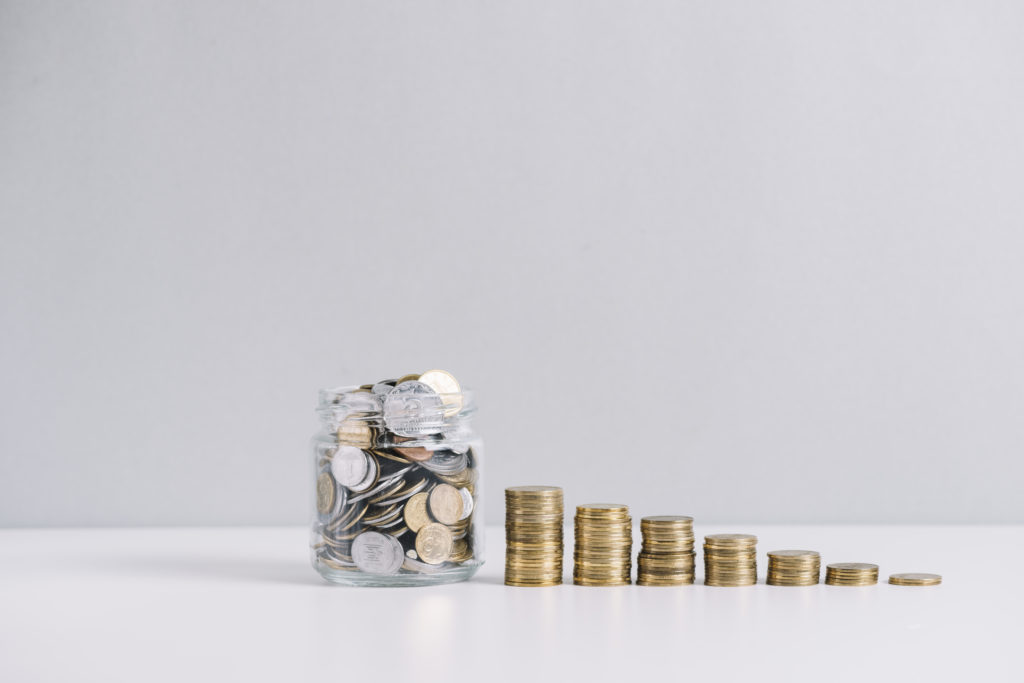
Debts can seem more overwhelming and stressful when you have to pay off large amounts, especially if that amount is not something you have access to without going into more debt. By having an IVA, you only pay back an amount that you can afford.
The amount you can pay back is worked out after considering the amount of money you will need to pay for necessities, including food and childcare. Whilst you will still need to pay back a minimum of around £90 every month (dependent upon circumstances), this will encompass all the debts you include in your IVA and is usually a much lower amount than what you would normally pay.
2) Overturns a CCJ or bankruptcy order
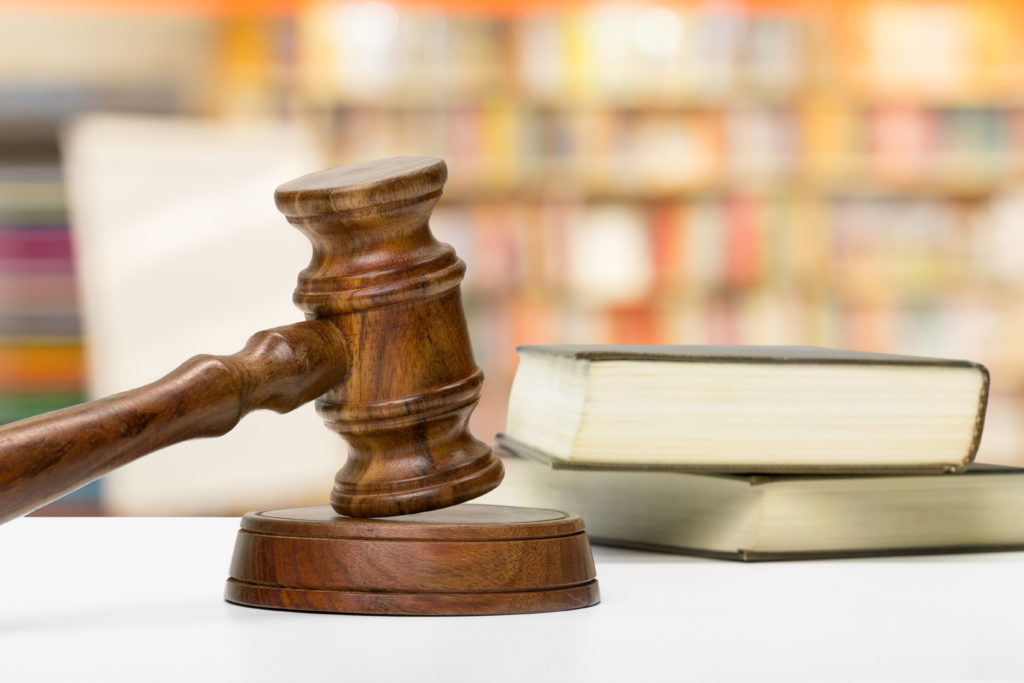
A CCJ is a County Court Judgement. It is when someone takes legal action against you for not paying your debts, and the court decides that you owe your creditor money. It will contain how much you owe, how to pay it and a deadline by which to do so.
If you have an Individual Voluntary Arrangement, you no longer have to pay the CCJ directly. Whilst your IVA is in place the creditors included in it cannot take any further legal action against you to recover those debts including petitioning for your bankruptcy.
3) Stops all of your creditors contacting you over a debt
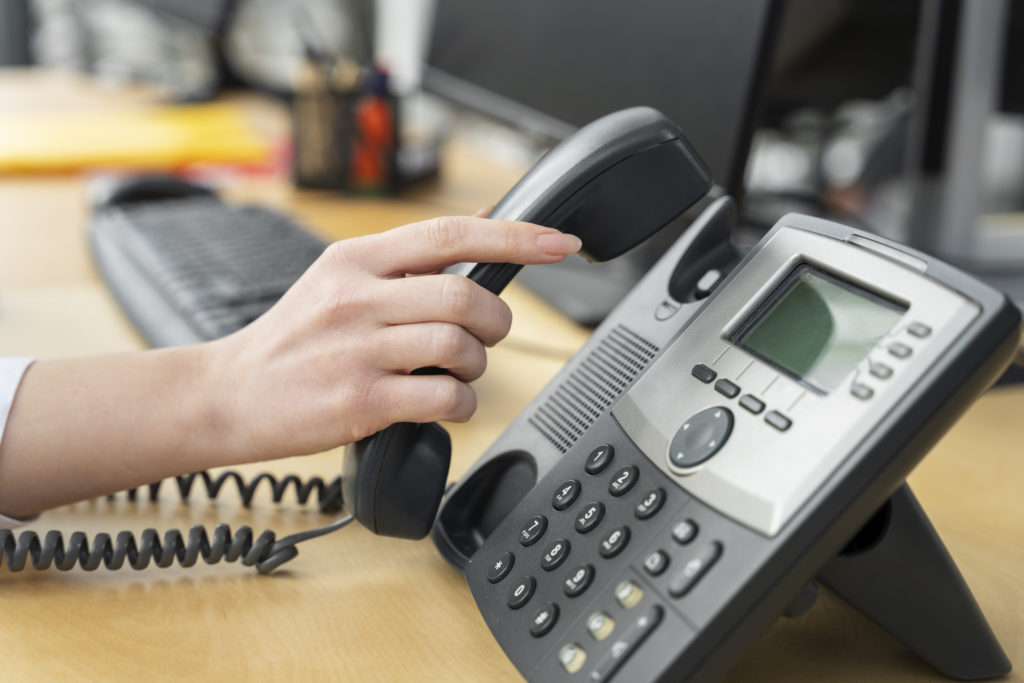
Part of the stress that accompanies debts is the constant contact with creditors, whether that be via phone calls or letters. When you have an IVA, your creditors are legally obliged to stop contacting you to make payments towards debts, giving you peace of mind.
Your creditors are legally required to provide you with informational documents such as an annual statement. However, the rest of their contact will be with your Insolvency Practitioner (IP), who works with you concerning your IVA.
4) Writes off the debt completely after 5 years
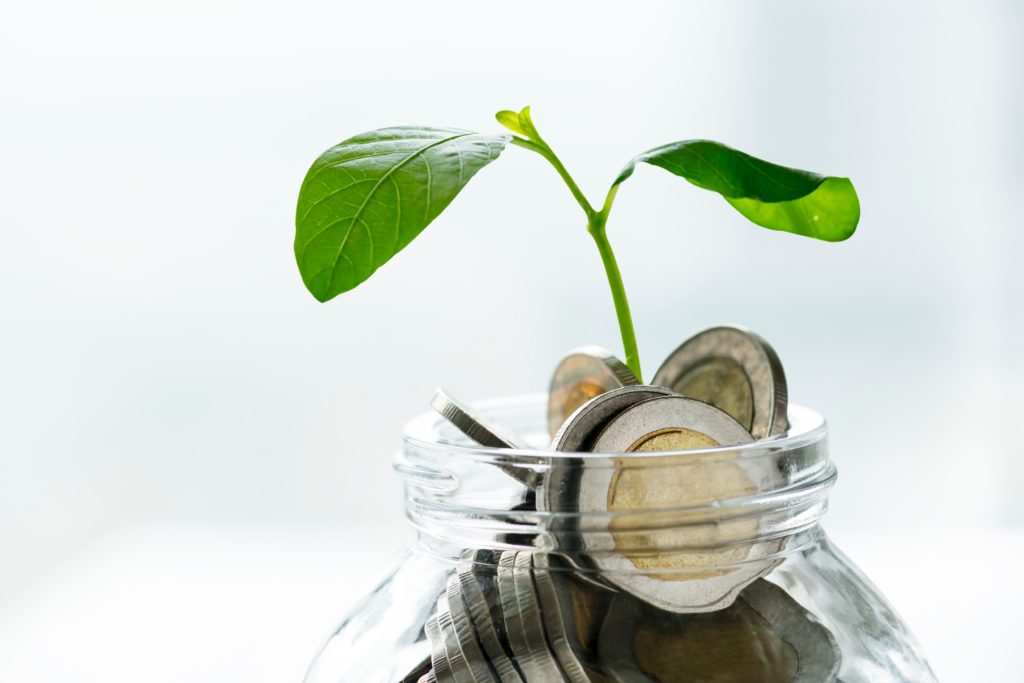
One of the biggest reasons why IVAs are so beneficial is that after the completion of the agreement, any remaining debt will be written off no matter how much you still owe. So at that point, you would be free of any debt that was included in your IVA, and your disposable income would be yours to do with as you wish.
5) Protects your career and job

If you go bankrupt, it can limit the type of job you are allowed to have, or the industries you can work in. For example, going bankrupt can mean you are no longer able to be the director of a limited company.
In contrast, it is significantly less likely that your job or employment will be impacted by taking an IVA, and sometimes you don’t even have to inform your employer that you have one.
If you have any questions about how an IVA may impact your job or career, check your employment contract and see if it mentions anything about having an IVA.
When considering any insolvency solution always check with your employer to see if there could be any consequences to your role.
6) Your assets are completely protected
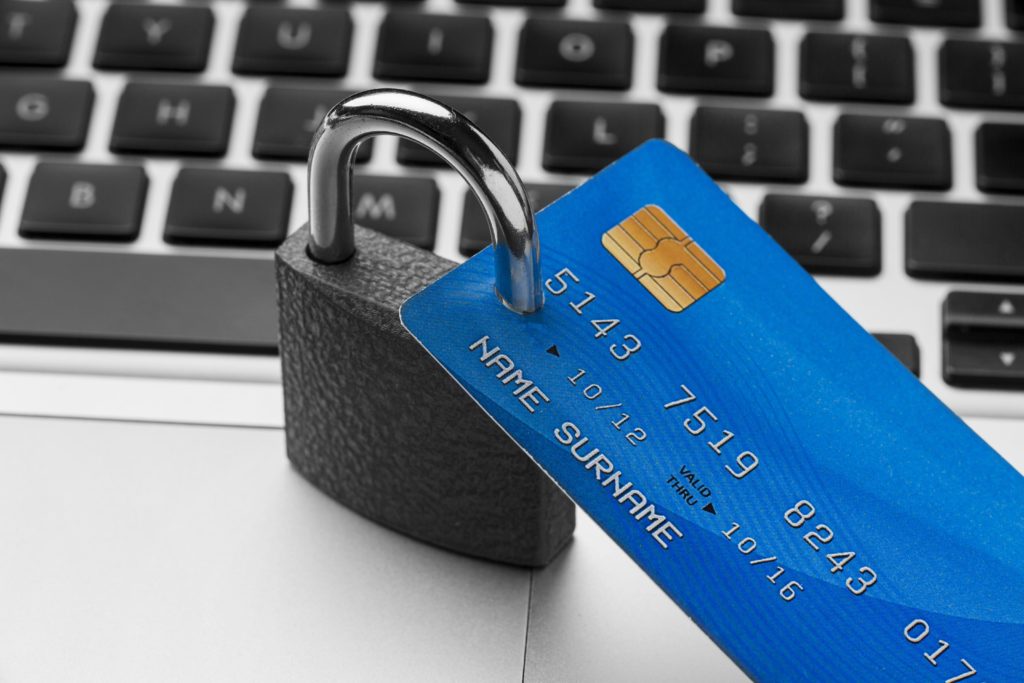
Assets include your car and home, and the threat of losing them can be a source of stress when debts are involved. With an IVA, the creditors involved are unable to repossess your home or other assets to go against the remaining balance of your debt.
You can sell some of your assets if you wish to, and this is something you can discuss with your IP. They may even encourage it to help pay off your debts quicker, but you are not at risk of losing your home, or anything required for living day to day.
7) No interest charges
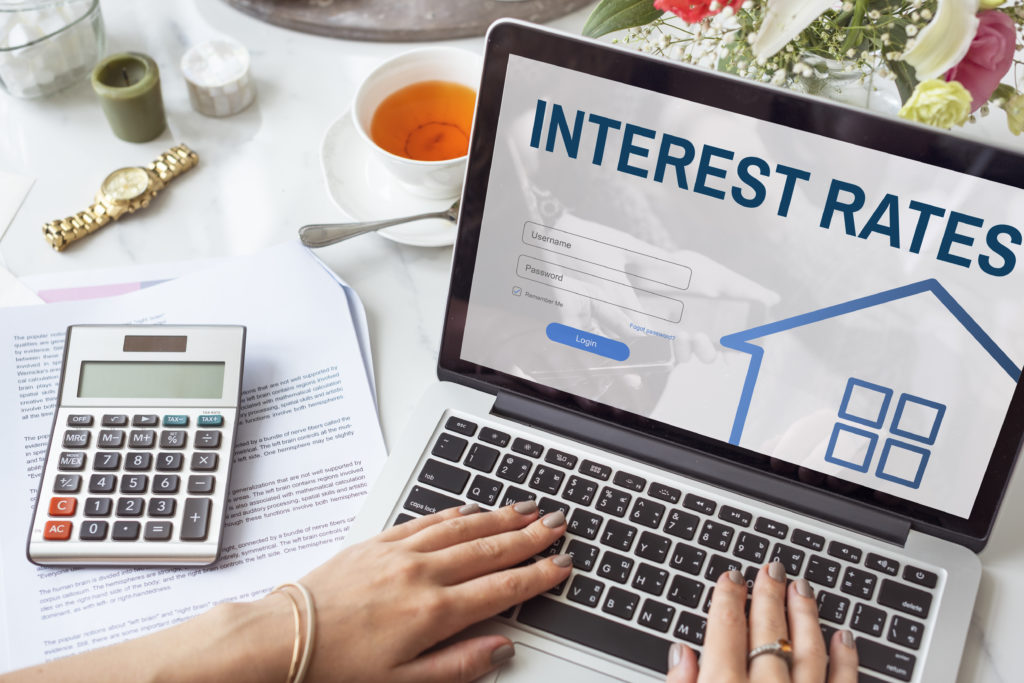
Interest can make debts larger, especially if you can only afford to pay the minimum amount each month. When entering an IVA, the creditors involved set their debt at the amount that was owed on the date that it was approved. This means no further interest or charges can be applied whilst your IVA remains in place.
8) Prevents legal action

If you are worried about legal action resulting from your debts, an IVA could be the solution you need.
If you have an IVA and you comply with its terms, your creditors cannot take legal action against you. This includes stopping bailiff action on any included debts.
9) All payments are included in one payment per month
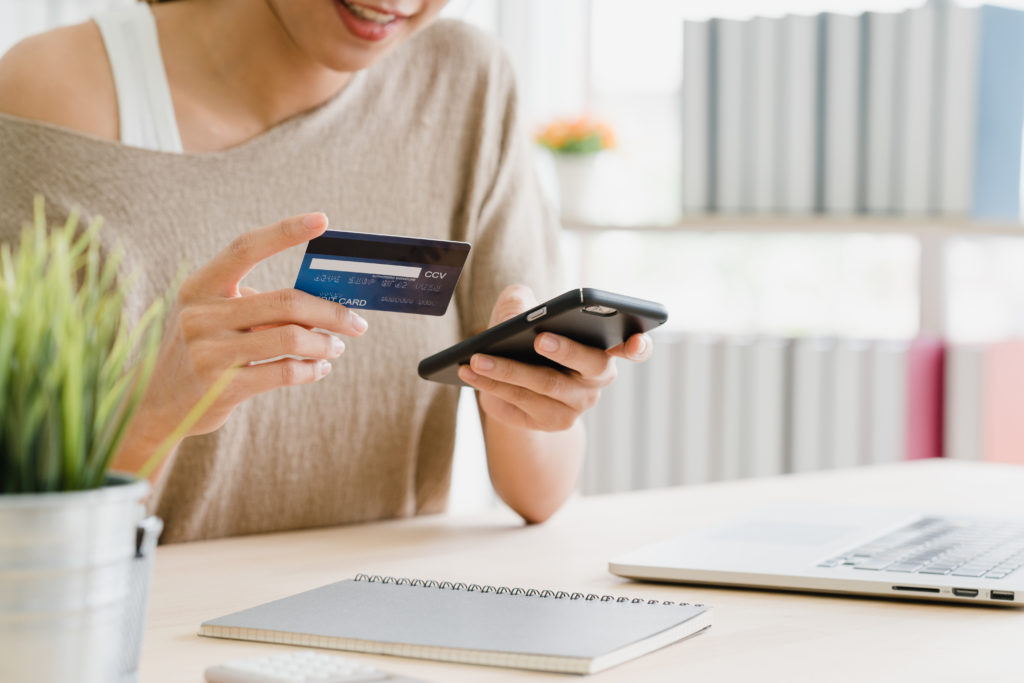
Having multiple debts can cause anxiety, especially if those debts are to numerous creditors. Instead of paying multiple amounts towards different debts, an IVA means you only pay one amount a month, which is the affordable amount you established with your IP. How that amount is divided between your creditors is worked out by your IP, allowing you to repay your debts with less stress and through one easy monthly payment.
10) A whole host of debts can be included
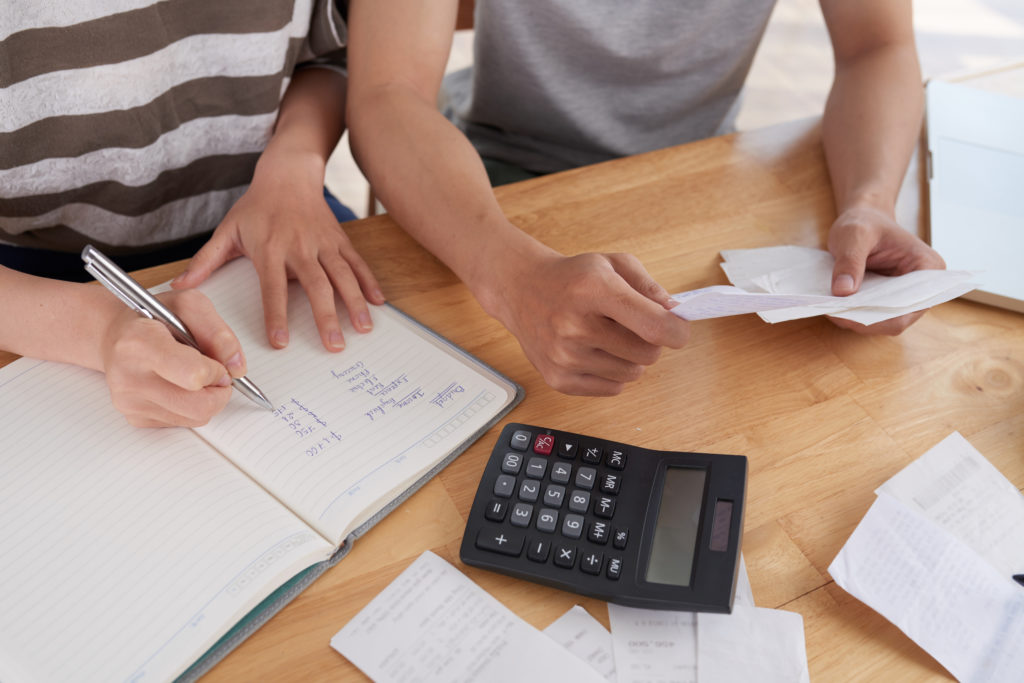
A large range of debts can be included in your IVA, which can make them easier to handle for you and your finances. These include credit card debts, personal debts and council tax debts to name a few.
Some debts cannot be included, such as mortgages and court fines, but the ones that are included can reduce the burden on your finances that can come with not having a debt solution.
When seeking help for your debts, you must find the solution that is right for you. Have a look and see whether a Debt Relief Order (DRO) or IVA would suit you and your circumstances more.
If you need help with your finances, you can apply for an IVA with Swift Debt Help, and they will help you manage your debts going forward.
Request a Debt Assessment
Disclaimer: For guidance only. Financial information entered must be accurate and would require verification. Other factors will influence your most suitable debt solution.
